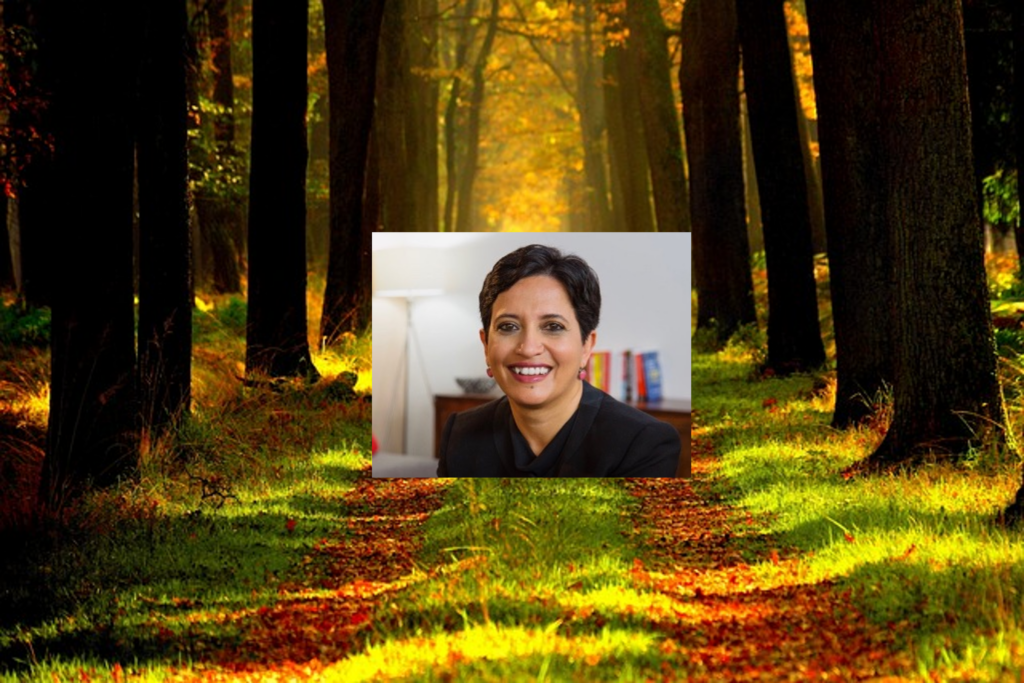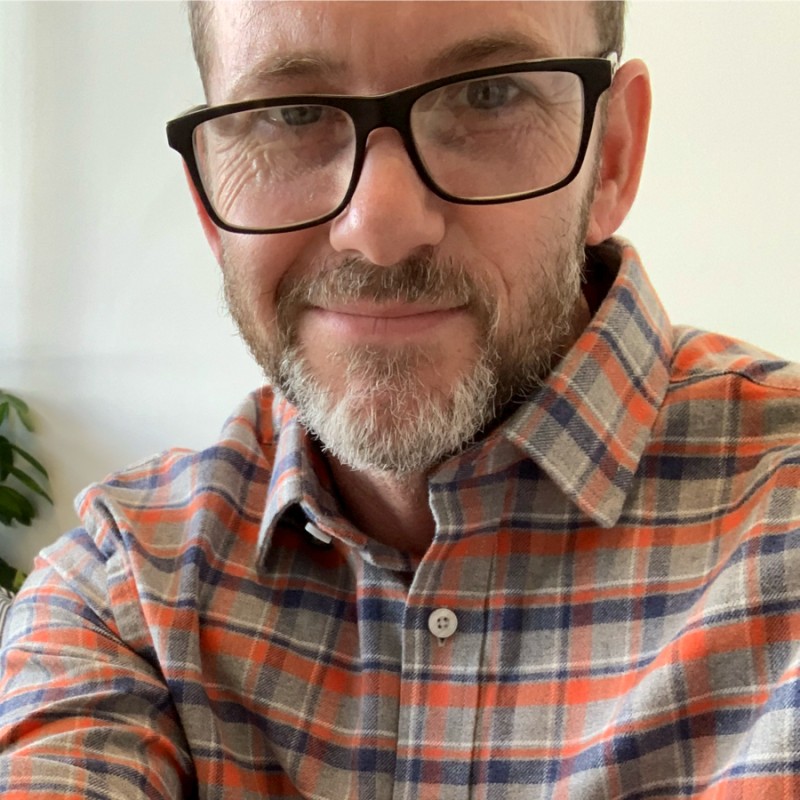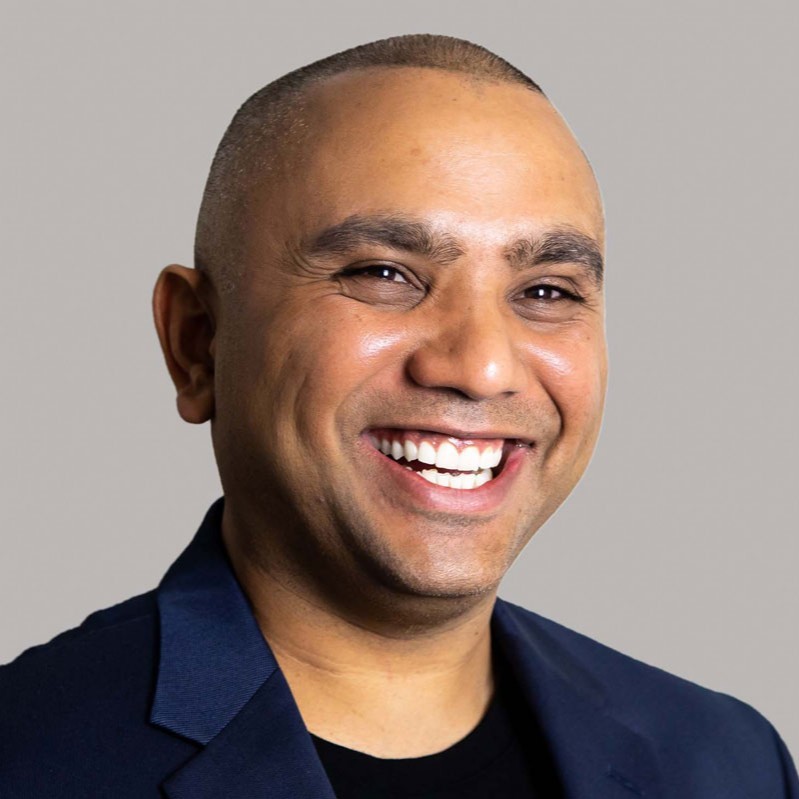Entrepreneur Journeys
The Startup Velocity Question: What Hinders Acceleration in VC Funded Companies?

I have been running 1Mby1M since 2010. I find myself saying to entrepreneurs ad nauseam that VCs want to invest in startups that can go from zero to $100 million in revenue in 5 to 7 years.
Startups that do not have what it takes to achieve velocity should not be venture funded.
Experienced VCs, over time, have developed heuristics to gauge what constitutes a high growth venture investment thesis.
>>>1Mby1M Udemy Courses with Sramana Mitra: Bootstrapping

Over the course of two years, we have released over 70 courses on Udemy with the aim to democratize entrepreneurship education at scale globally. This series of posts aims to help you find the one you need easily and provide you with discount coupons.
>>>12 Udemy Courses on How To Build a Startup with a Small Amount of Capital

Most businesses can be launched in a capital efficient manner. Most businesses can go a long way in a bootstrapped mode. As long as you’re not taking on capital guzzlers like drug discovery or semiconductor chips, you have many options to explore.
At 1Mby1M, we don’t insist on fund raising. A bootstrapped, capital-efficient, million dollar business is considered a success in our worldview, as long as you are profitable and sustainable.
>>>Featured Videos
Can 1M/1M Help Me Raise Money?
How Does 1M/1M Democratize Entrepreneurship Education?
How Does 1M/1M Democratize Management Consulting?
When Is The Right Time To Join 1M/1M?
Can 1M/1M Help Me With Business Development?
Can 1M/1M Help Me With Market Sizing?
Can 1M/1M Help Me Validate My Product?
Will I Have Private 1-on-1 Sessions In 1M/1M?
How Does 1M/1M Help Entrepreneurs Connect With Silicon Valley?
Mentoring or Consulting?
Why Does 1M/1M Charge $1000 a Year?
Why Does 1M/1M Partner With Local Organizations?
Why Don\’t Mentoring Networks Work?
Why Is It Important To Study With 1M/1M Now?
Dan Stewart Story
Vikrant Mathur Story
Non-Technical Founder Scaling SaaS Venture to Exit: Velocify Founder Jeff Solomon (Part 1)

Jeff is an English major who successfully bootstrapped a SaaS company with Services. The company eventually exited at a $130M valuation. Wonderful perspective from a non-technical founder on building a tech startup to success.
Sramana Mitra: Let’s go to the very beginning and introduce yourself and Velocify to our audience.
>>>Non-Technical Founder Building a Tech Startup to over $10M: David Moricca, CEO of Socialive (Part 1)

We very often get questions on whether non-technical founders can build tech companies. David’s story is a really interesting one that touches many aspects of the 1Mby1M methodology.
Sramana Mitra: Let’s begin at the very beginning of your journey. Where are you from? Where were you born, raised, and in what kind of background?
>>>Solo Student Entrepreneur to Over $50M Revenue: Chess.com CEO Erik Allebest (Part 1)

Solo entrepreneurs get a bad rap, but they’re kicking ass out there!
Sramana Mitra: Let’s start at the very beginning of your journey. Where are you from? Where were you born, raised, and in what kind of background?
Erik Allebest: I was born in Southern California. I was born to an entrepreneurial family. My dad was an entrepreneur. My mom had many varied interests. She gets credit for teaching me how to play chess at eight. I’m too young to remember the story, but she taught me how the pieces moved. We proceeded to play one game of chess together and she never played with me again. That’s the lore she likes to tell.
>>>Bootstrapping an Artificial Intelligence Startup with Services: Nitesh Chawla, Founder, Aunalytics (Part 1)

Nitesh bootstrapped Aunalytics while keeping his academic job at Notre Dame.
Sramana Mitra: Let’s start at the very beginning of your story. Where are you from? Where you born, raised, and in what kind of background?
>>>6 Udemy Courses on How To Build a Startup for an Early Exit

I’m a big advocate for building small, capital-efficient startups. Not all entrepreneurs need to chase Unicorns. Not all investors need to chase Unicorns. There are many more viable ideas for those smaller ventures and there are considerably more opportunities for their exits, which means cashing in earlier on your hard work.
>>>Bootstrapping to Exit, Then do a VC-Funded Venture: Cordial CEO Jeremy Swift (Part 1)

A very effective way to dance the entrepreneurial Waltz is to do a bootstrapped company first, sell it, and then do another with a more ambitious agenda. Jeremy’s journey is a great case study in this method.
Sramana Mitra: Let’s go to the very beginning of your journey. Where are you from? Where were you born, raised, and in what kind of background?
>>>From Teen Student Entrepreneur in Australia to a Mature Global E-commerce Entrepreneur: Mike Rosenbaum, CEO of Spacer (Part 1)

Mike started his journey as a 14-year old student entrepreneur, then built a $20M eBay PowerSeller business. Thereafter, he built a $100M e-commerce business. Today, he’s building a two-sided marketplace business. All from Australia. Wonderful story!
Sramana Mitra: Let’s go to the very beginning of your journey. Where are you from? Where were you born, raised, and in what kind of background?
>>>Validating B-to-C Business Ideas and Building to $40M Run Rate: Shaunak Amin, CEO of SnackMagic (Part 1)

Shaunak does a wonderful job of explaining how he validated various B-to-C business ideas and built successful businesses.
Sramana Mitra: Let’s start at the very beginning of your journey. Where are you from? Where were born, raised, and in what kind of background?
>>>19 Udemy Courses on How To Build a Startup in India

There are now thousands of entrepreneurs in India, and many more Indians are starting their own businesses as we speak. Even with mistakes, disappointments, and setbacks, all things considered, startup founders continue to want to realize their ambitions, no matter what.
>>>